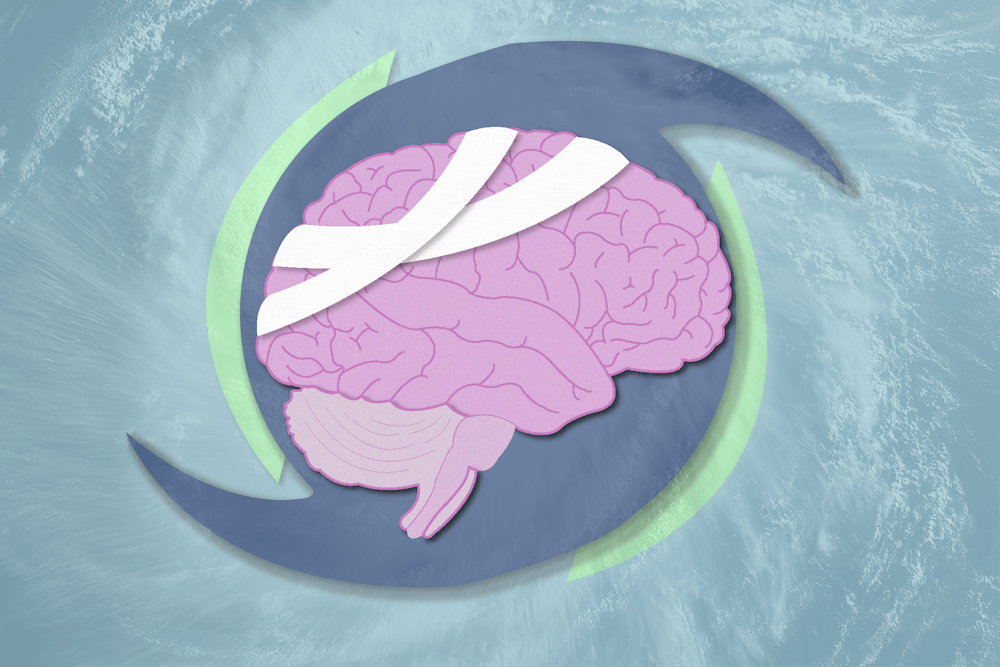Over 20 counties in western North Carolina received a total of nearly $3 million in federal funding to expand crisis counseling services in the wake of Hurricane Helene.
The U.S. Substance Abuse and Mental Health Services Administration granted The N.C. Department of Health and Human Services $2.9 million on Oct. 24 for support services for 25 counties in western N.C. The funding is a part of SAMHSA's Crisis Counseling Assistance and Training Program, a short-term disaster relief grant for states to address behavioral health needs throughout impacted areas.
Lisa DeCiantis, crisis services lead with the NCDHHS Division of Mental Health, Developmental Disabilities, and Substance Use Services, said the NCDHHS applied for the grant to provide more crisis counselors to affected communities.
DeCiantis said the majority of the funding will go directly towards hiring more crisis counselors, who will offer behavioral health support and services.
“There are many individuals that don't know how to reach out for support, and by having an increased workforce out in the community, we are able to make sure that everyone out there is reached,” DeCiantis said. “That they don't need to seek the help, but that the help can come to them.”
Anita Everett, the director of the Center for Mental Health Services within SAMHSA, said some mental health challenges people are grappling following the impact of Helene with include sleep disturbances, changes in appetite, self-isolation, depression and a sense of hopelessness.
“It's important for us to remember in any kind of mental health response that we put together that everyone's affected in some way, and some are going to be more seriously affected than others,” Everett said. “And so our intervention, our funding that we call the Crisis Counseling Program, is designed with that in mind.”
Everett added that it is common for people who experience disasters to feel a sense of survivor's guilt — stemming from both physical survival and impact on property and loved ones.
Lizet Danielle, who lives in Spruce Pine, N.C., in Mitchell County, compared her emotional experience in the aftermath of the hurricane to the stages of grief.




